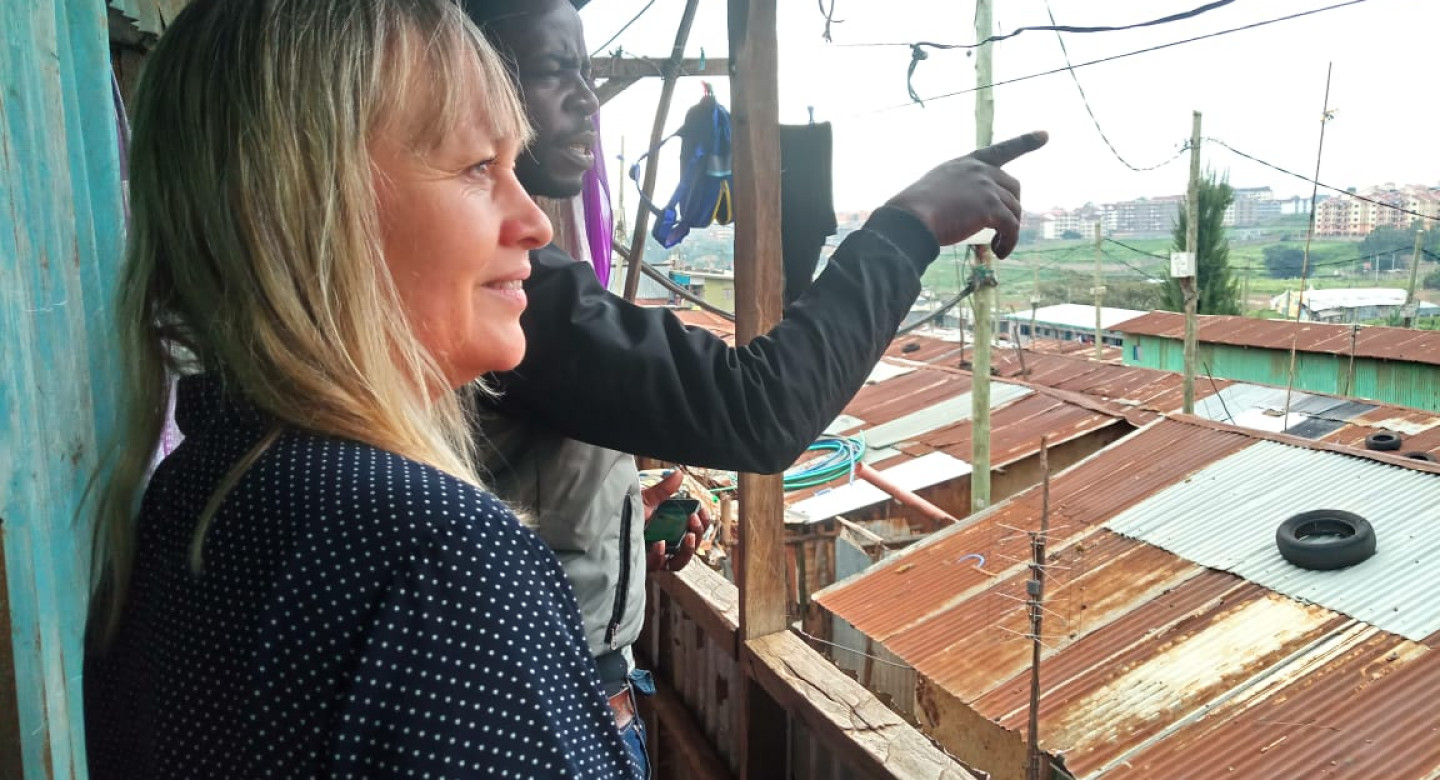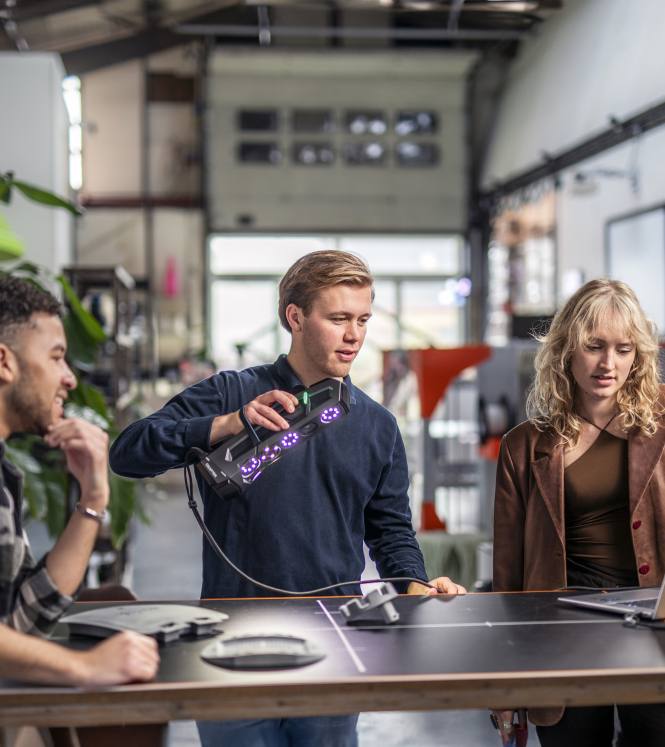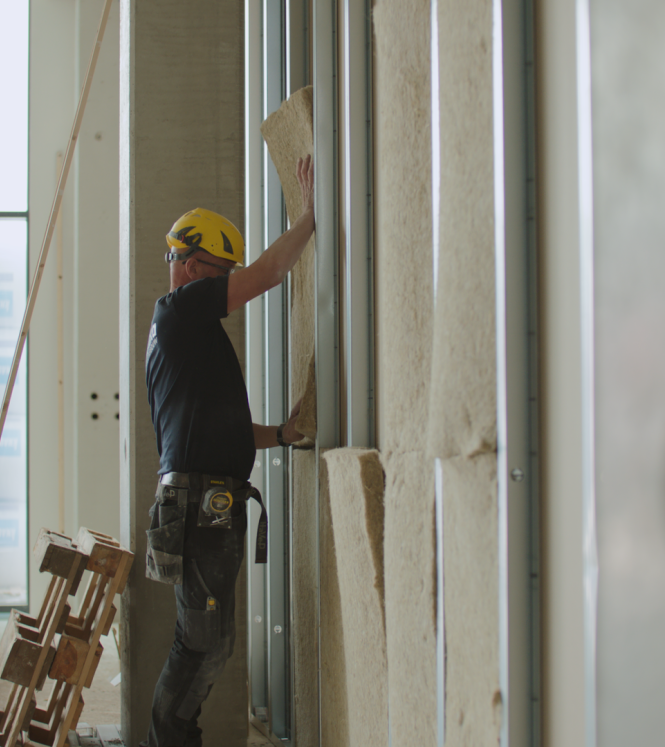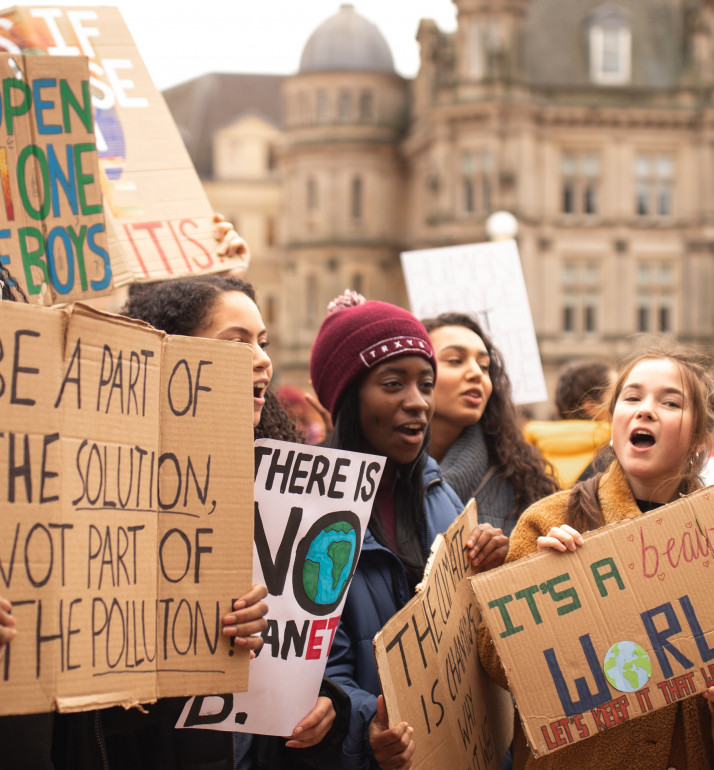

Creating impact in cities through bottom-up initiatives
As the world approaches 2030, more and more governments and municipalities are committing themselves to making cities more liveable and sustainable. Many initiatives are being implemented in various areas, such as climate adaptation, circular economies, and energy efficiency. All to realise the United Nations Sustainable Development Goals (SDGs) set for 2030. We are now half way there in time, but still much needs to be done. How can we step up our efforts to safeguard our cities today and in the future?
In recent months, the Netherlands has partnered up with Closer Cities, a non-profit, open source platform to encourage urban development experts to share innovative and bottom-up initiatives that address the SDGs or just make the world a better place. This has been done by activating urban networks via Dutch embassies, NBSOs, municipalities, and local and international knowledge institutions.
“One important outcome has been the trust people have shown and the willingness of students to join in.”
Currently, 56 projects have been uploaded for sharing on the Closer Cities website. They range from initiatives which address biodiversity, food security, sustainable buildings, improved air quality, health, education, awareness and empowerment. The projects use data, mobilise communities and tackle pollution in one way or another. They span across the globe, coming from 27 countries. Some are in their early stages, others have been shared multiple times already. All show enthusiasm and commitment to make change for the better happen. And they are all willing to share their ideas.
Besides providing a platform for sharing ideas, Closer Cities researches the boosts and barriers to the success of sharing these projects. By finding out what helps to spread good ideas, the change we need to see can be speeded up.
"Citizens initiatives show the vitality of cities, community-based initiatives have become an inseparable part of our society."
Interactive online event
At the interactive online event on 14 February 2022, viewers were able to join the conversation via an online chat. All questions have been answered via the chat or passed on to the experts who will respond later.
Watch the online event: Solving Urban Challenges Together: Best practices for liveable cities.
During the programme, a number of experts in urban development give their views. Robbert Nesselaar co-founder of Closer Cities and Ellen Minkman researcher at Delft University of Technology explain how we can improve knowledge sharing and the role of cooperation, co-creation, community and trust.
Robbert Nesselaar: “One important outcome of the Solving Urban Challenges Together project has been the trust people have shown and the willingness of students to join in. To young people sharing is the logical thing to do.”
Jurian Edelenbos professor at Erasmus University talks about how community building contributes to public services and how community-based initiatives show the vitality of a city.
"Citizens initiatives show the vitality of cities," says Jurian Edelenbos. "Community-based initiatives have become an inseparable part of our society."
And Thomas van Luijtelaar of the Netherlands Enterprise Agency tells us more about the motivation behind the Netherlands’ support for bottom up initiatives like the ones found on the Closer Cities website.
So what about the initiatives themselves. In the studio, Maurice Prijs head of public space and permits for the Municipality of Utrecht and Adam Clarke Deputy Mayor of Leicester, UK discuss how the idea to create green-roofed bus shelters has taken off and spread to cities across the world.
"We need strong creative initiatives to promote public transport and biodiversity in our cities. We really need to be open to creativity in local goverment," explains Deputy Mayor Clarke. "We are starting those conversations in our communities."
"We really need to be open to creativity in local goverment."
Lindsey Schwidder of the Innovation and Impact Centre at Delft University of Technology describes the sharing of practical knowledge with Kwadaso Agricultural College in Ghana, so that young farmers can earn a living locally.
Lindsey Schwidder talks about how to make impact "You need a very good trusting relationship, the flexibility, the patience, and the openness to work together with the agricultural college teachers and really listen to what they need from us. Rather than telling them what they need."
"...really listen to what they need from us. Rather than telling them what they need."
Meanwhile Katrine Soma of Wageningen University and Research informs us how a project building a network for fish systems in the slums of Kibera in Kenya has improved local food security. In the project she discovered that there is a correlation between trust and food security. At first, they heard that the fish being caught were too small to feed the community. By connecting this project with another 200 kilometers north of Kibera, they were able to increase fish catches to a ton.
Irene Oostveen responsible for Governance of Inclusive Green Growth in Cities (Deals) programme for the international branch of the Netherlands’ municipality umbrella organisation VNG talks about what her organisation is doing to promote knowledge-sharing between cities worldwide.
"One of the biggest challenges is that all that all issues come together in cities," says Ms Oostveen.
"One of the biggest challenges is that all that all issues come together in cities,"




